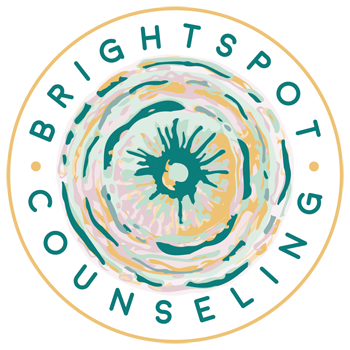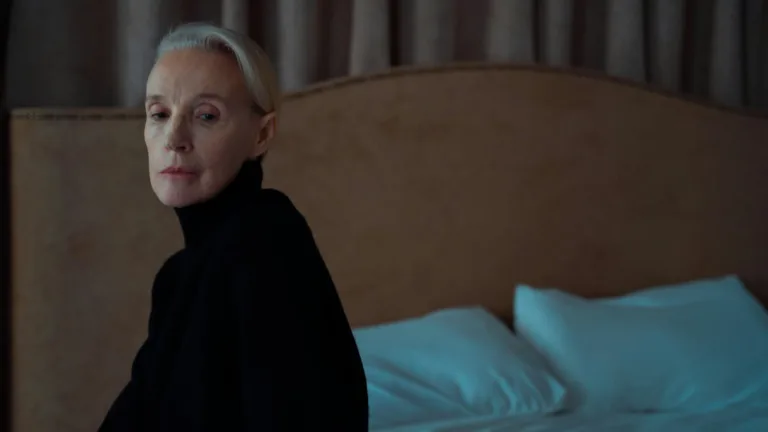So, you’ve shown up. You’ve been open with your therapist. Heck, you even really like your therapist. You’ve made some progress but now you feel like you’re stalled out. It happens.
Here’s a quick guide for how to recognize that you’re stuck, some of idea of why you might be stuck and suggestions to move forward.
1. Your stall out might be temporary.
Sometimes in therapy after we have a couple of big leaps forward and then there’s a bit of pause. It’s kind of like our brains need some space for rest and integration.
The Good News: You made some big leaps! You need to take a breath, settle in and celebrate your progress. Things will pick up again, your therapist is just meeting you where you’re at.
The Hard News: It’s worth your time to have an open conversation with your therapist to see what they’re seeing. If you have perfectionist tendencies, it might be worth reflecting on whether you’re mistaking overworking/overachieving in therapy with being stuck.
2. You and your therapist have done some great work together but you’ve outgrown your therapist.
Congratulations! You’ve done some really awesome work but feel like you’re coming in more to debrief about your week than to heal and move forward.
The Good News: You really committed to yourself and the therapy process. You committed so much that you got what your therapist had to offer! Go you! Talk to your therapist about graduating and transitioning to work with another therapist. It’s the most rewarding thing to see a client get what they need and move forward. Give your therapist the time/space to give you loads of compliments about all the great work you’ve done.
The Hard News: You owe yourself a conversation with your therapist to let them know what how you feel. This might also open up some new opportunities for work together that you didn’t know was possible!
3. You went to a generalist but needed a specialist.
Therapists (just like doctors and lawyers and every other profession) can’t be experts in everything.
The Hard News: It might be time for a lovely heart to heart with your therapist letting them know that they’ve been helpful but that you need something (or someone) else. Ethical therapists will be really happy to have this conversation and be supportive of the transition to a new therapist. Often times, they can provide great suggestions for other therapists in the community and can be helpful (with your permission through a Release of Information form) letting the new therapist know what you’ve been working on.
The Good News: You know more about what you need now and how to look for someone that treats the specific issue you’re having whether it’s depression, anxiety, OCD, trauma or an addiction issue. Invest your time in researching and connecting with different therapists to see who might be a better fit for you.
4. You’ve always felt stuck in therapy.
You’re not alone. Many people drop out of therapy before they get what they get what they need because they feel like they’ve failed. This isn’t the case. There are 10,000 reasons why we struggle in therapy. What felt like a long grueling battle with one therapist can feel inspiring, empowering, and even fun with another therapist.
The Good/Hard News: There are always options for different types of therapy and different types of therapists. If you don’t feel connected after 2-4 sessions, it’s helpful to have a conversation with the therapist or the clinical director about what’s not working so they can help. If you’ve met with lots of therapists but never really felt a connection, it’s worth talking to your therapist about that specifically to see what suggestions they have. For many of us, this difficulty can be connected to early life trauma and it might be helpful to look for a trauma-informed therapist or specialist.
5. You’re a serial therapist ghoster. You show up for one session and are never heard from again.
Starting therapy can be really intimidating and therapists absolutely get it when clients are ready to be seen on Monday but when their session comes up they’re not able to make it happen.
The Good News/Hard News: You’re able to reach out and schedule the session! That’s a good thing. It might be helpful to take a breath and a few days to think about what it would take for you to show up and really be seen. What’s mental block is standing in your way? What would it be like to talk to a therapist about this pattern up front and work towards a solution so you could get what you’re truly looking for when you schedule the appointment.
6. You feel like you know the right answers in your head but you’re still struggling with symptoms.
It’s very possible to have made progress and also hit a roadblock.
The Good News: You’re learning and growing and recognize where some of your symptoms are coming from. You might need to just keep practice your skills and trusting the process.
The Hard News: There are lots of things that traditional talk therapy (CBT, DBT, Solution-Focused, etc…) are great at taking care of. But we are learning more each day about new strategies to address symptoms through alternatives such as EMDR or yoga-based therapy to help our brains and bodies heal in new ways. You may want to explore this with your therapist and see if could get recharged working with an alternative provider for complimentary treatment.
Listen up, just coming to a therapy session is progress. Be kind to yourself and involve your therapist in a conversation about what could be helpful to get you moving again. If you’re unsure about what types of therapy we offer, reach out to us at va@brightspottherapy.com.
You can heal, you can thrive, we can help.





